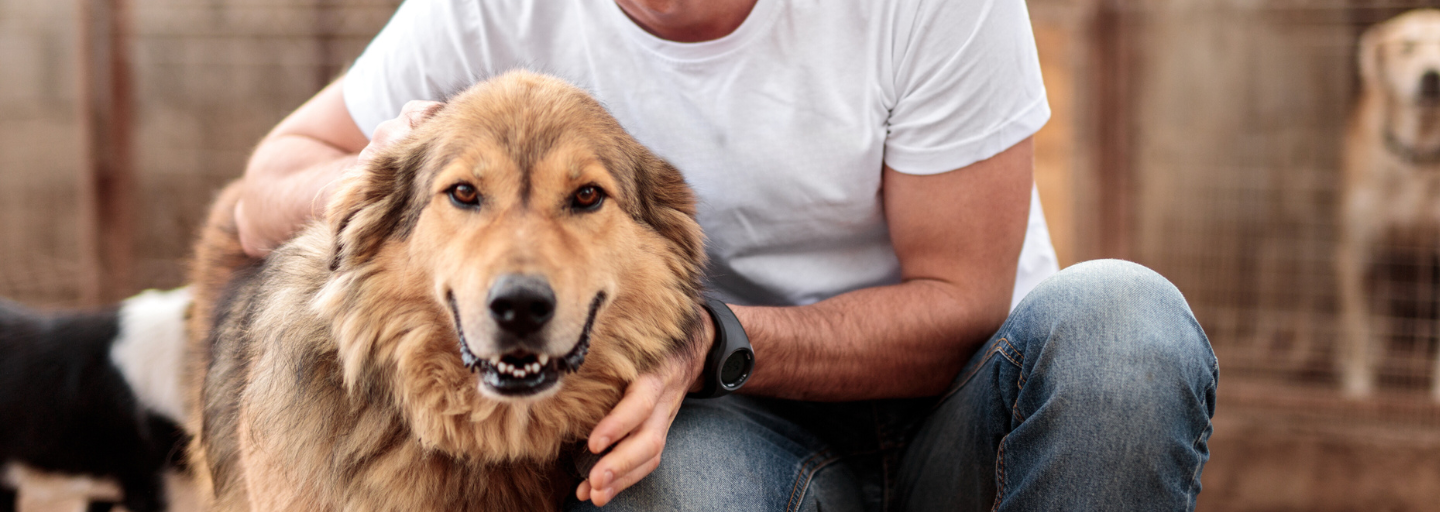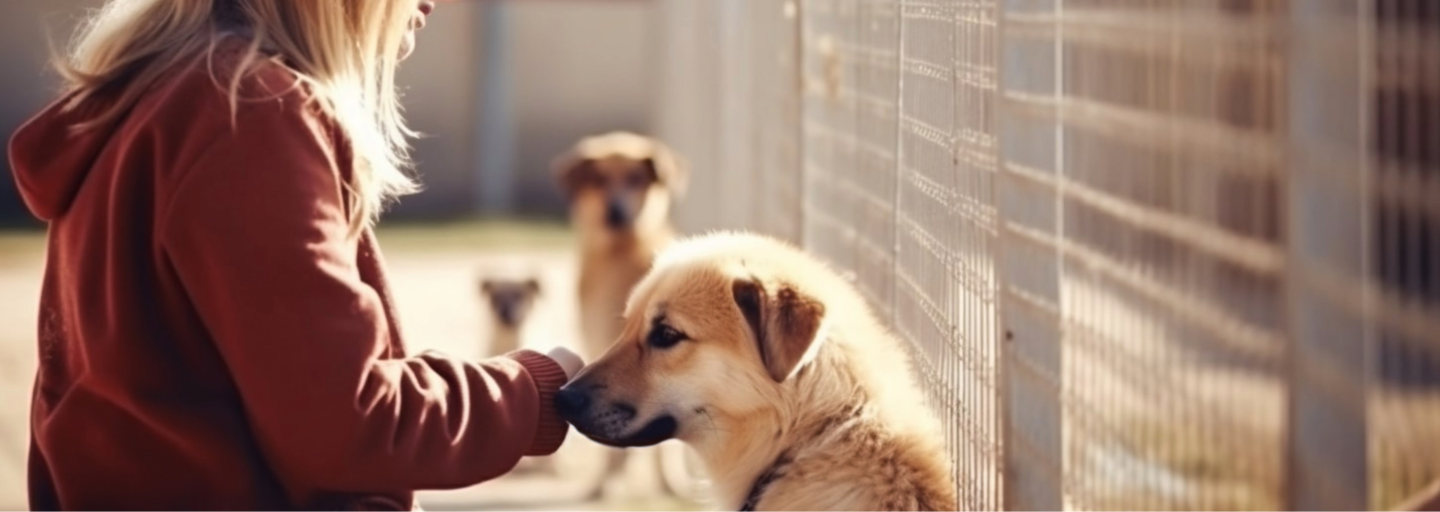Bringing a rescue pet into your home is a wonderful and compassionate decision. These pets often come from challenging backgrounds and may require extra care and attention. By providing a safe and loving environment, you can help your rescue pet thrive and become a cherished member of your family. Here are essential tips on how to treat a rescue pet and ensure their well-being.
Patience and Understanding
Rescue pets may have experienced trauma or neglect in their past, which can affect their behaviour and trust in humans. During the adjustment period, it is very important to be patient and understanding. Give your pet time to acclimate to their new surroundings and establish trust at their own pace. Avoid forcing interactions or overwhelming them with too much attention in the beginning.
Create a Safe Space
Set up a designated area in your home where your rescue pet can feel safe and secure. Provide a comfortable bed, toys, and a hiding spot if needed. This space will serve as their sanctuary, allowing them to retreat when they feel overwhelmed or anxious. Once they feel more comfortable, start introducing them gradually to other areas of the house.
Establish a Routine
Creating a consistent daily routine helps rescue pets feel secure and reduces anxiety. Set regular feeding times, exercise sessions, and playtime. Consistency in their routine will provide a sense of stability and help them adjust more quickly. Additionally, establish a regular sleep schedule to ensure they get enough rest.
Socialisation
Gradually introduce your rescue pet to new people, animals, and environments. Start with calm and controlled interactions, allowing them to build confidence and positive associations. Socialisation is essential for their emotional well-being and helps prevent behavioural issues. However, always prioritise your pet's comfort and never force them into situations that cause distress.
Positive Reinforcement
Reward-based training methods are highly effective when working with rescue pets. Use treats, praise, and affection to reinforce desired behaviours. Avoid punishment or harsh training techniques, as they can damage the trust you are trying to build. Consistency and patience are key when teaching your pet new commands and behaviours.
Exercise and Mental Stimulation
Provide your rescue pet with regular exercise and mental stimulation to keep them physically and mentally healthy. Engage in activities such as walks, playtime, puzzle toys, and training sessions. These activities not only provide physical exercise but also help build a bond between you and your pet.
Nutrition and Hydration
Feed your rescue pet a balanced and nutritious diet suitable for their age, size, and health condition. Consult with your veterinarian to determine the best food options. Make sure they always have access to fresh water. Proper nutrition and hydration are vital for their overall health and well-being.
Veterinary Care
Schedule a visit to the veterinarian as soon as possible after adopting your rescue pet. A thorough examination will help identify any underlying health issues and ensure they receive the necessary vaccinations and treatments. Regular check-ups and preventive care are essential for their overall well-being.



